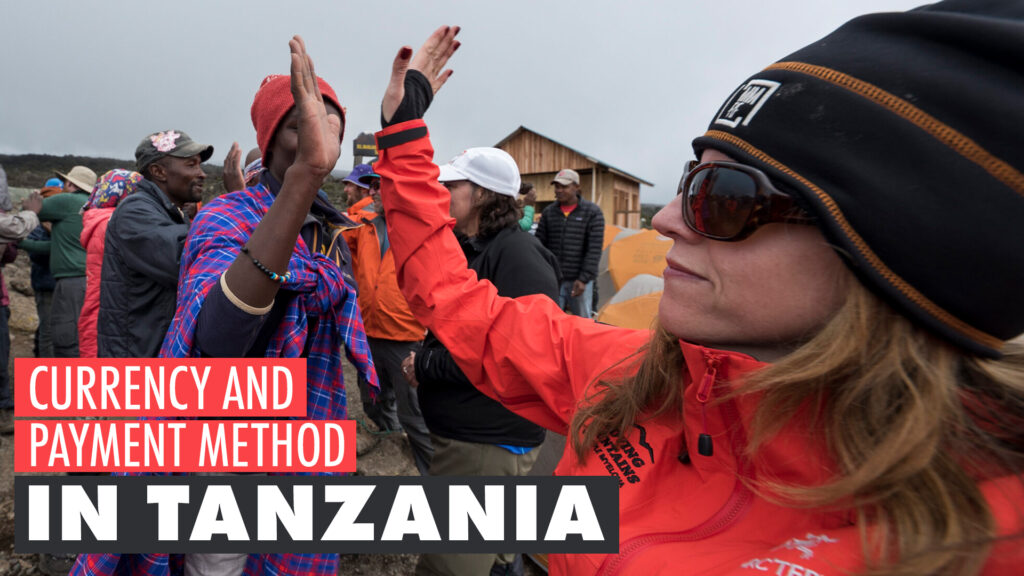
When traveling to Tanzania it’s important to be familiar with the local currency and payment methods. The official currency of Tanzania is the Tanzanian Shilling (TZS). Banknotes and coins are used for everyday transactions.
Cash is widely used in Tanzania for day-to-day transactions. It’s advisable to carry some Tanzanian Shillings with you, especially for small purchases, tips, and in more remote areas where card acceptance may be limited.
Major credit and debit cards such as Visa and Mastercard are accepted in many urban areas, including Moshi. Hotels, larger restaurants, and some shops in Moshi typically accept card payments. However, in more remote or rural areas around Kilimanjaro, cash may be the only accepted form of payment.
In Moshi, you’ll find a number of ATMs that dispense Tanzanian Shillings. These are located in key areas like the central business district and near major hotels. Some ATMs may also accept foreign cards for cash withdrawals. As always, inform your bank of your travel plans to avoid any issues with using your cards abroad.
Mobile money services like M-Pesa are widely used in Tanzania, including in Moshi. They allow for easy transfers and payments using a mobile phone. This is a convenient option for local transactions and can also be used to withdraw cash at authorized agents.
In Moshi, you’ll find numerous forex bureaus and banks where you can exchange your currency for Tanzanian Shillings. They offer competitive rates, and it’s advisable to exchange a portion of your currency upon arrival.
In markets and smaller shops in Moshi, especially when purchasing souvenirs, haggling is a common practice. It’s worth noting that this is typically done with cash.
Tips for Managing Finances:
- Carry a mix of cash, a credit/debit card, and a travel card for flexibility.
- Inform your bank about your travel plans to avoid any issues with your cards.
- Have some small denominations for smaller purchases and tips.
- Be cautious when using ATMs in crowded or unfamiliar areas.
While Moshi has a relatively wider range of payment options compared to more remote areas, it’s always a good idea to have some cash on hand for situations where electronic payments may not be accepted.






